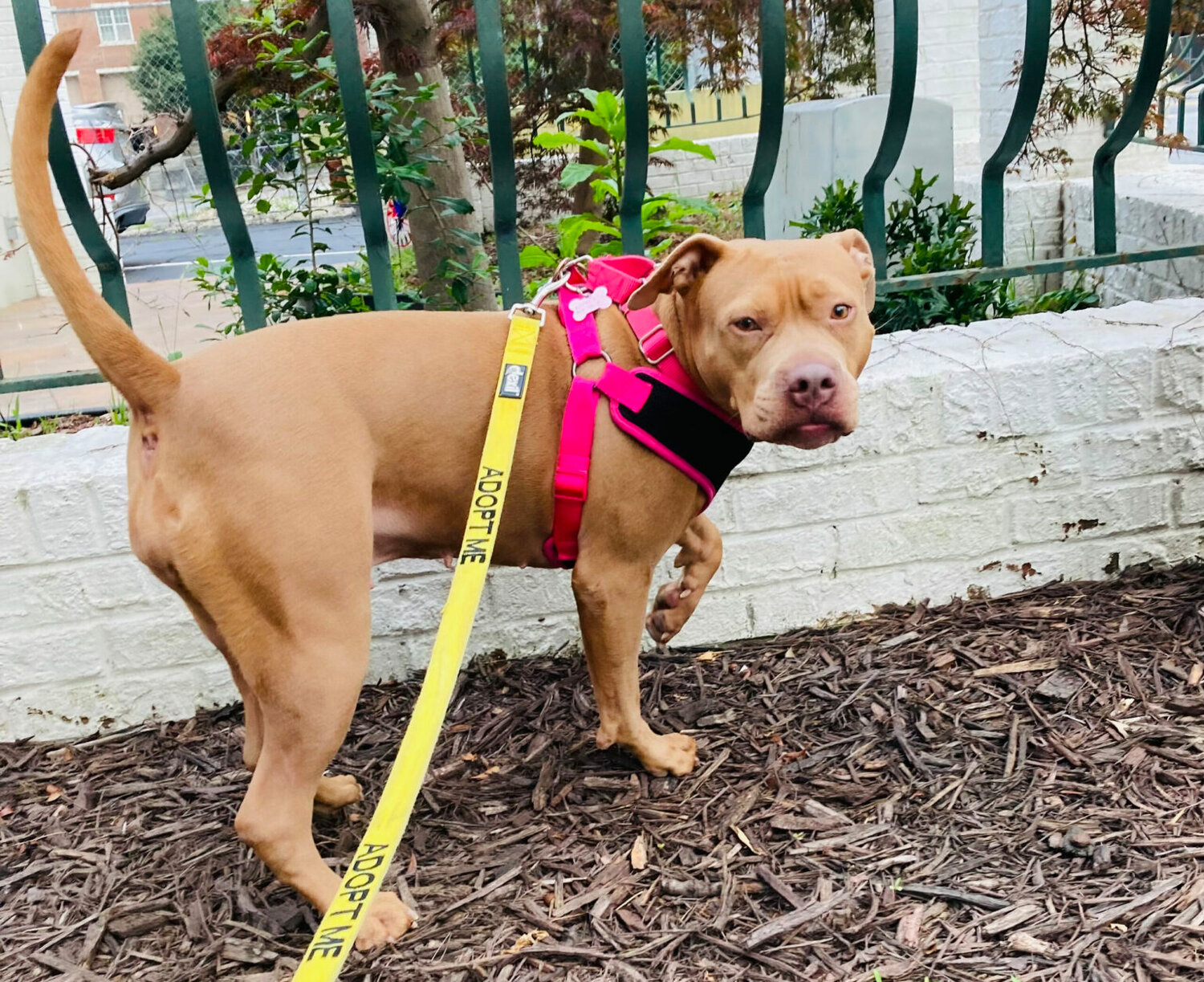Our pets are generally considered to be a big part of the family, so it´s only natural that we want to include them in our lives as much as possible.
Any animal lover will know how difficult it is to leave a beloved pet in the care of another and whether going on holiday or travelling for business, it´s often the hardest part of going away. Thanks to latest EU rules on pet travel, over recent years it has become much easier for our four-legged friends to holiday with us. However, many pet owners are still confused as to exactly how to do so smoothly and without mishap.
Your pet must have a valid passport
In order to travel with a pet (referring only to dogs, cats and ferrets) your pet will need its own passport. It will also need to be microchipped and vaccinated against rabies, which in Spain is a legal requirement for dogs in any case. The vaccine must be up to date, and signed and stamped by an authorised vet, and the passport must contain a full description of the pet, along with its microchip number, date of implantation, and full details of the vet who issued the passport (signed and stamped over the signature), as well as the address and contact details of the veterinary establishment where the passport was issued. When planning to travel with any other species the above passport will not be valid and it is necessary to consult the entry rules of the country to which the journey is planned.
When travelling to a country free from the tapeworm Echinococcus multilocularis, a reliable tapeworm treatment must be given between 120 – 24 hours (1 – 5 days) before entering the country, and details of the treatment must be recorded in the pet´s passport and signed and stamped by the vet. These countries include Great Britain, Northern Ireland, Finland, Norway and Malta.
Please note that since 2021, any EU pet passports issued to residents of Great Britain are not valid for travel from Great Britain to Northern Ireland or any other EU country.
How many pets can I travel with?
Travelling with up to 5 pets is permitted (dogs, cats or ferrets) and if the pet is not travelling with its legal owner, written permission must be given for a carer or guardian to accompany the pet instead. The owner must be reunited with the pet within 5 days of relocation. The only exception to the 5 pet rule is for animals competing in an exhibition or sporting event, in which case proof must be provided.
Pet travel outside of the EU
When bringing a pet into the EU from a non-EU country, it is essential that an EU animal health certificate is provided, issued by a State registered vet a maximum of 10 days before your pet enters the EU, as well as a written declaration that the pet is not travelling for commercial reasons. When travelling to a country outside of the EU, the veterinarian cannot be expected to know the rules for each individual country, so it is important to research via the local government or contact the consulate of that specific country in order to obtain precise details of what is required.





